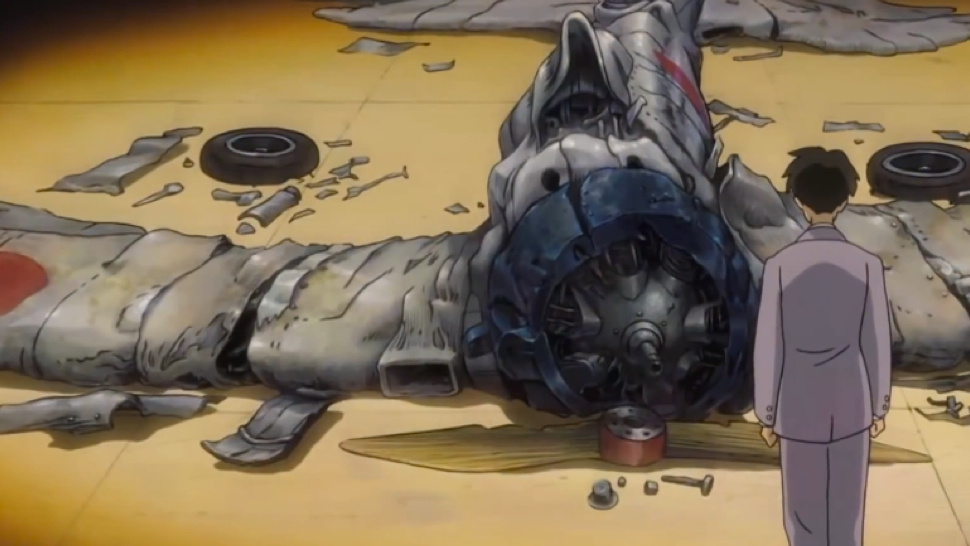We knew that the world would not be the same.
This is a clip from a 1965 interview with J. Robert Oppenheimer, the brilliant theoretical physicist who became the director of the Manhattan Project’s secret weapons laboratory, one of the men most responsible for the creation of the atomic bomb. Oppenheimer learned Sanskrit in 1933, and studied the Bhagavad Gita in the original. Oppenheimer was asked to recall how he felt when he watched the Trinity test, the world’s first detonation of a nuclear weapon.
We knew the world would not be the same… A few people laughed; a few people cried…. Most people were silent.
I remembered the line from the Hindu scripture, the Bhagavad Gita… Vishnu is trying to persuade the prince that he should do his duty; and to impress him, takes on his multi-armed form, and says
Now I am become Death; the destroyer of worlds.I suppose we all felt that, one way or another.— J. Robert Oppenheimer (1965), The Decision to Drop the Bomb
This is from a story about Hayao Miyazaki’s new film Kaze Tachinu (The Wind Rises), which is an animated bio-pic (the first that Miyazaki has ever done) about Horikoshi Jiro, a brilliant engineer, and one of the most gifted minds in Japan during the 1920s and 1930s. Horikoshi dreamed of flying and threw himself into designing aeroplanes; he designed the plane that would later become infamous as the Mitsubishi A6M Zero. The film has been a huge success in Japan, but its anti-militarist themes have attracted some Patriotically-Correct furor from Japanese nationalists.
In the words of Concordia University Japanese history professor Matthew Penney, Kaze Tachinu is "a film about war but...not a war film."
"What Miyazaki offers is a layered look at how Horikoshi's passion for flight was captured by capital and militarism, and the implications of this for thinking about the history of technology [in Japan]," Penney wrote in a recent article for Asia-Pacific Journal.
. . .
My wife and staff would ask me,Miyazaki said in a 2011 interview with Japan's Cut magazine.Why make a story about a man who made weapons of war?And I thought they were right. But one day, I heard that Horikoshi had once murmured,All I wanted to do was to make something beautiful.And then I knew I'd found my subject. . . .–Jeremy Blum, Animation Legend Hayao Miyazaki under attack in Japan for anti-war film
South China Morning Post (August 16, 2013)
Over on Facebook, I posted a clip from the Oppenheimer interview earlier this month; in reply, Ryan Calhoun writes:
One of the underlooked tragedies of the Manhattan Project, and the State in general, is how it takes the brilliance of individuals like Einstein, Oppenheimer and Feynman and uses it to absolutely destroy humanity. There’s no doubting the State’s successes. The Manhattan Project is statism at its best.
–Ryan Calhoun, Re: J. Robert Oppenheimer
Facebook (August 9, 2013)
